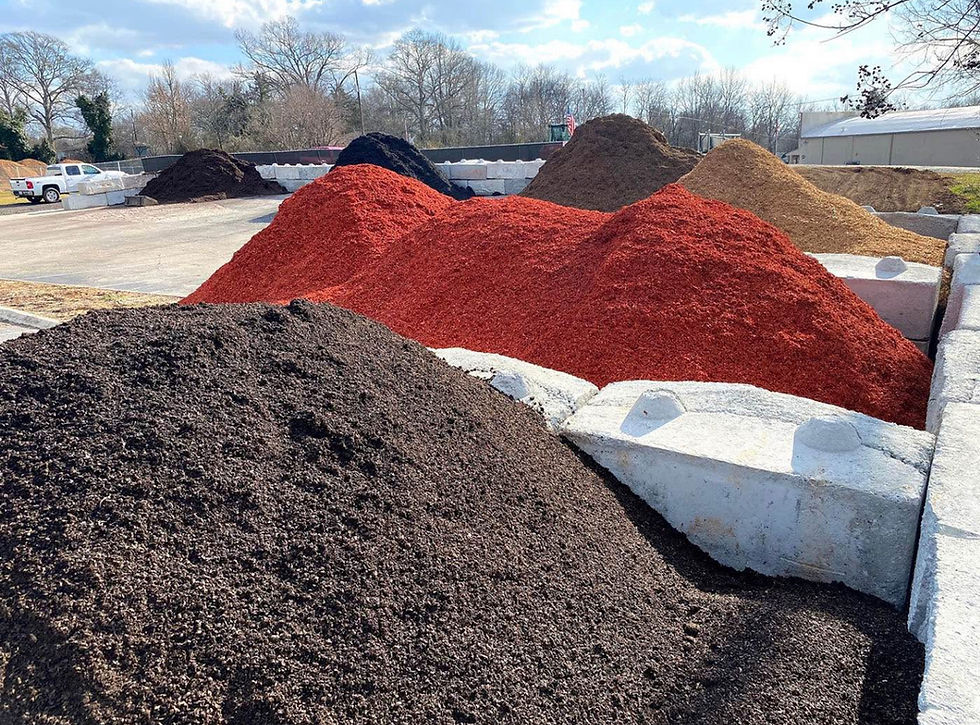The Hidden Danger of Black Walnut Trees for Your Furry Friends
- Jordan L

- Oct 8, 2023
- 2 min read
Updated: Aug 20

Here at Patriot Tree Service, we have had the privilege of encountering various species of beautiful trees. Each type of tree brings a unique element to our environment and contributes to the biodiversity and aesthetic grace of our surroundings. One such tree, known for its stately presence and valued for its hardwood, is the Black Walnut Tree (Juglans nigra).
However, as lovely and valuable as Black Walnut Trees are, it's crucial for dog owners to be aware of the potential dangers these trees can pose to their beloved pets. While the rich, dark wood is sought after for furniture and woodworking, and the nuts are a treat for many, there lies a hidden danger for dogs – a toxic substance known as juglone.
What is Juglone?
Juglone is a natural allelopathic compound found in all parts of the Black Walnut Tree, particularly in the buds, nut hulls, roots, and leaves. This compound is a defense mechanism of the tree to inhibit the growth of surrounding vegetation, ensuring the tree’s dominance in its natural habitat. However, juglone can also be toxic to dogs when they come into contact with or ingest it.
The Effects of Juglone on Dogs
Dogs that come into contact with black walnut hulls can suffer from a variety of health issues. If a dog ingests the hulls, it can experience symptoms of poisoning, including:
Vomiting
Diarrhea
Lethargy
Jaundice
Seizures
Contact dermatitis is also common if the dog’s skin comes into contact with the hulls, leading to irritation, rashes, and hair loss.
Preventive Measures
As a responsible dog owner, taking preventive measures to protect your dog from black walnut toxicity is essential. Here are some steps you can take:
Identify Black Walnut Trees: Learn to identify Black Walnut Trees in your yard or local parks and keep your dogs at a safe distance.
Clean up fallen nuts: Regularly clean up any fallen nuts, leaves, or twigs from the Black Walnut Tree if you have one on your property.
Fencing: Consider fencing around the base of the tree to prevent your dog from accessing the fallen nuts and leaves.
Training: Train your dog to avoid these trees and not to eat anything off the ground when outdoors.
When to Seek Veterinary Care
If you suspect that your dog has ingested black walnut hulls or is showing signs of toxicity, it is imperative to seek immediate veterinary care. Early intervention can significantly improve the prognosis and ensure the well-being of your furry friend.
Conclusion
At Patriot Tree Service, we’re not just committed to providing top-notch tree services but also to educating the community about the various aspects of tree care, including potential hazards to pets. While Black Walnut Trees are indeed majestic and provide multiple benefits, the safety of our furry companions should always be a priority. By being informed and taking appropriate preventive measures, we can protect our dogs and enjoy the beauty that nature, in all its diversity, offers.
Stay tuned to our blog for more informative content on tree care, safety tips, and how to harmonize the coexistence of trees and pets. Your pet’s safety is as important to us as the health and beauty of your trees.








Comments